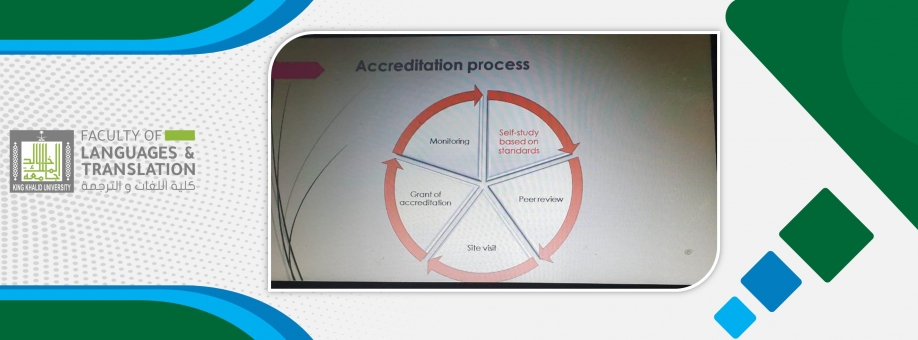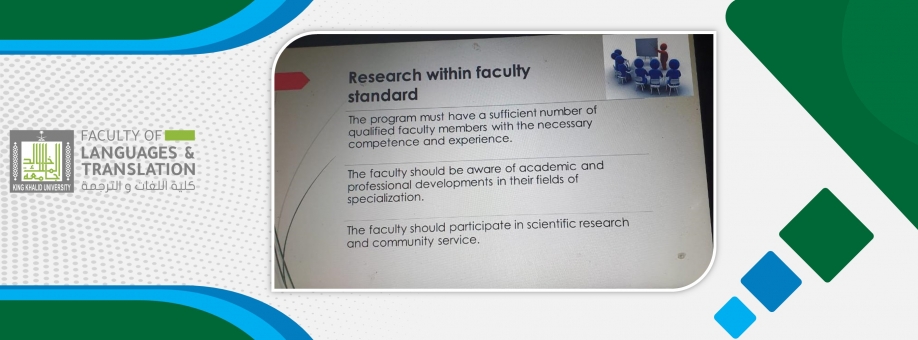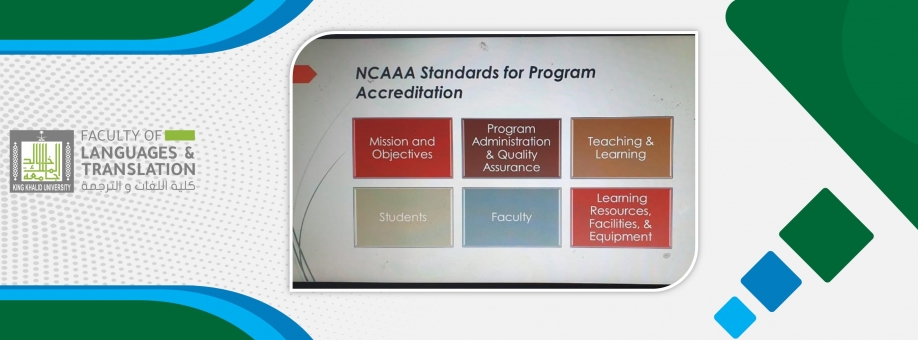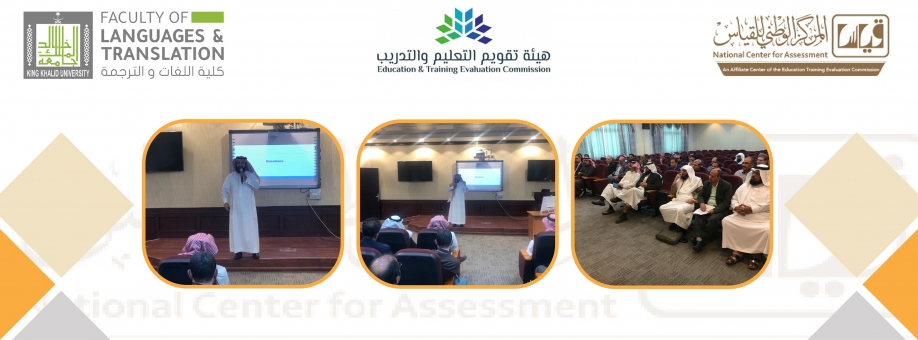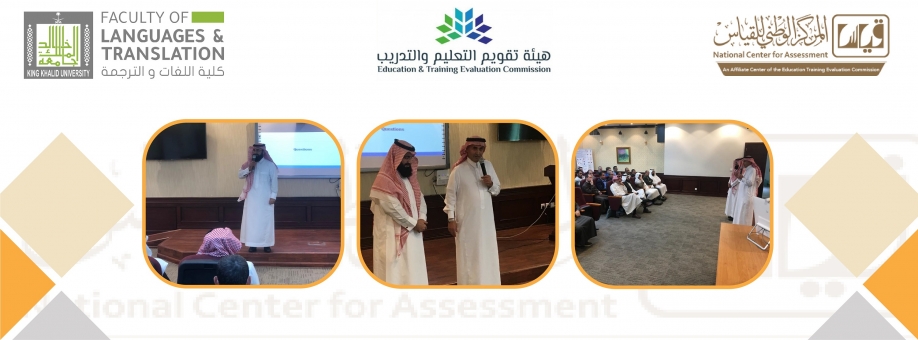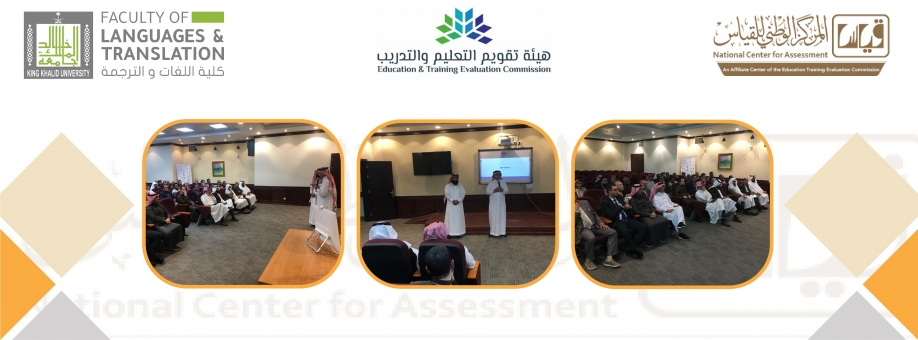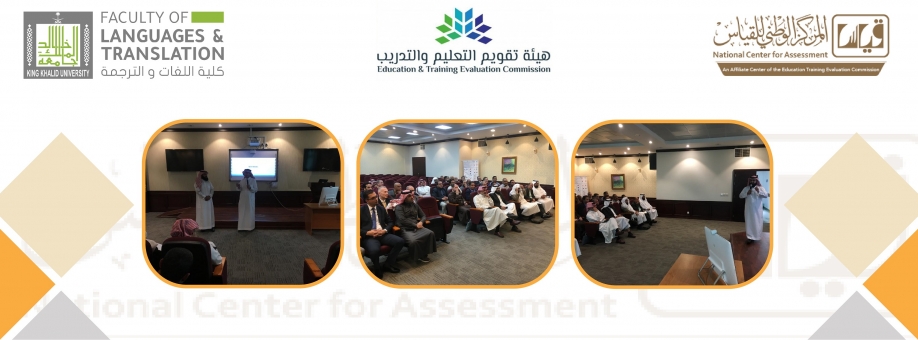Exploring the Role of Scientific Research in Program Accreditation
The Women's Scientific Research Committee hosted an informative seminar on March 2, 2020, focusing on the critical role of scientific research in program accreditation. The seminar was facilitated by Dr. Eman Alzaanin, Supervisor of the Academic Development and Quality Unit, who delved into the importance of research in maintaining the rigorous standards expected in higher education.
Dr. Alzaanin commenced the session by defining program accreditation as an evaluation process in which a program of study presents its activities and achievements to an external body. In the context of Saudi Arabia, this body is the National Commission for Academic Accreditation & Assessment (NCAAA). This external body then independently evaluates the program, issuing a public judgment based on established standards of value and quality. Dr. Alzaanin proceeded to outline the NCAAA standards for program accreditation and the underlying mission and objectives that should guide all operational aspects of a program.
Emphasizing the significance of research capabilities, Dr. Alzaanin noted that it is vital to nurture the research competencies of both faculty members and students. She further pointed out that the program administration should shoulder the responsibility for drafting and monitoring the scientific research plan. This includes ensuring adherence to the research plan of the institution through specific performance indicators and fostering values of scientific integrity, intellectual property rights, ethical practices, and proper conduct across all academic, research, administrative, and service domains.
She concluded the seminar by underlining the expectation that teaching staff should regularly participate in academic activities such as conferences, group discussions, research projects, and thesis arbitration. Effective participation in research activities and scientific production is seen as a criterion for staff evaluation and promotion.The seminar, attended by staff members from the Bachelor of Arts in English program, along with the Master of Arts in Applied Linguistics and Master of Arts in Translation programs, was enriched by a lively discussion driven by valuable contributions from the attendees.
Date: 3/7/2020
Source: Dr. Amal Metwally – Women's Scientific Research Committee Coordinator

